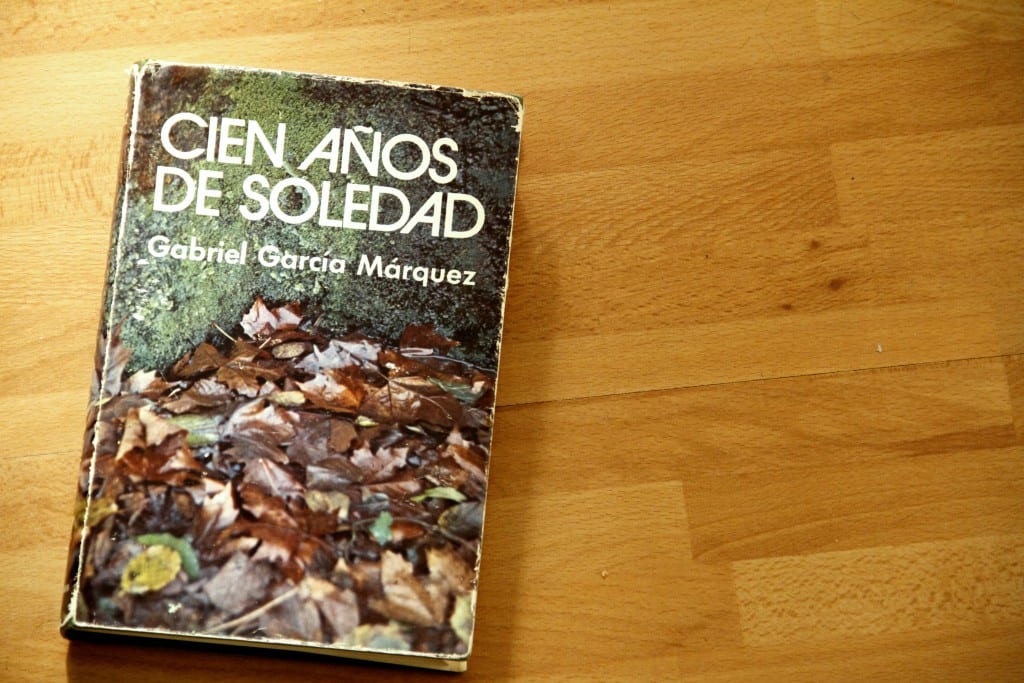
In the world of literature there are mythical books that do not always satisfy all readers, either because of their complexity or because of a structure that is too experimental compared to what the world is used to. These following hard to read books they cause both love and hate, and perhaps that is where their greatness lies.
The Steppe Wolf, by Herman Hesse
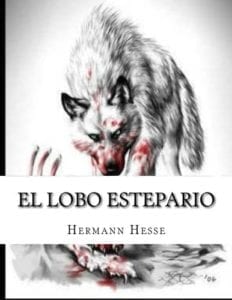
Although Hessian works such as Siddhartha They have become perfect books to read in one sitting thanks to their simple language and limited length, others like the one we are dealing with here have become true literary challenges. No products found., One great books of the XNUMXth century It is in turn a story perhaps too philosophical for people looking for lighter material. Written during the deep spiritual crisis that Herman Hesse suffered in the 20s, the novel follows in the footsteps of a character totally detached from society and the time in which he lives, developing a totally hermetic and uprooted behavior. A classic, but perhaps not for all tastes.
The Silmarilion, by JRRTolkien
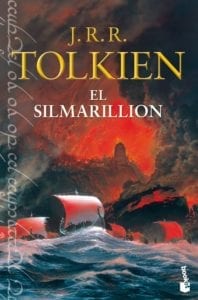
Many fans of Tolkien's fantasy discovered the author thanks to the famous Lord of the Rings trilogy and the much lighter The Hobbit. However, when it was time to enter The Silmarilion things changed radically. Set during the wars of Melkor, considered the predecessor of Sauron in a Middle-earth still devoid of elves and men, The Silmarilion, both in structure and themes, is far from Tolkien's works that attracted followers who traveled with Frodo or Bilbo through a magical world whose stories provided a more commercial and addictive narrative. For very fans of Tolkien's wizarding world.
Hopscotch, by Julio Cortázar
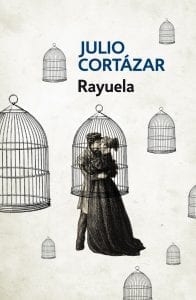
Although today it is one of the great works of XNUMXth century literature, the publication of Rayuela in 1963 he challenged readers around the world by proposing a structure divided into different episodes that obeyed different reading processes, altering the typical beginning, middle and end scheme. Considered "antinovela" at the time of publication, the love story of Horacio Oliveira and La Maga has as much magic as it has the capacity to provoke a certain rejection in the reader compared to other works by the well-known Latin American boom much easier to consume than Cortázar's magnum opus.
Ulysses, by James Joyce
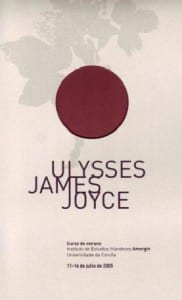
Although part of a seemingly simple premise, this modern version of Homer's Odyssey changed 1922th century literature forever after its publication in XNUMX. The novel, a journey through a day in the life of its protagonist Leopold Bloom (according to many alter ego of Joyce himself) through the streets of Dublin, is a look at the world loaded with symbolism; so many that what seemed like a simple story ends up becoming a metaphysical ode in which not everyone is immersed in the same way. Perhaps that is the reason why the Ulises Joyce remains a mystery, as fascinating as it is universal.
The Rainbow of Gravity, by Thomas Pynchon
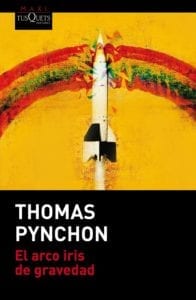
The very name of this work tells us that we are facing something great and interesting, but also perhaps too complex for the readers. Set in Europe at the end of the Second World War, the novel by American Thomas Pynchon focuses on the process of building and launching the V-2 rocket launched by the German army and become the first human artifact to perform a suborbital flight. A premise that immerses the reader in a world where the physical and the immaterial, the real and the subhuman, combine to form a work that is difficult to penetrate when appreciating all its essence. Considered as one of the best novels of the XNUMXth century by several experts, she was one of the candidates for the Pulitzer Prize in 1974, although she did not succeed, according to rumors, due to a passage that included references to coprophilia.
Would you like to read The rainbow of gravity?
Crime and Punishment, by Fyodor Dostoevsky

The philosophical dialogues and the extension of the works are two of the aspects that characterize a Russian literature difficult to read for some readers who did not finish any of the books by authors such as Leo Tolstoy or, in this case, Fyodor Dostoevsky and his famous Crime and Punishment. Published in 1866, the novel follows in the footsteps of Rodion Raskolnikov, a young student who is unable to pay his payments, falling into a deep misery from which he tries to escape between moneylenders and a crime from which he will not be able to escape. History is a hurricane in growing which ends up being resolved in a last paragraph to which not everyone arrives.
Paradiso, by José Lezama Lima
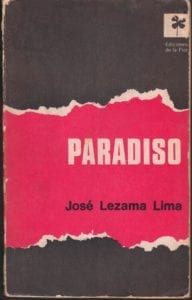
Which is one of the great Latin American novels in history, Paradiso is a learning novel that is a journey through the life of its protagonist, José Cemí, from his childhood to his early years at university. Marked by a new language for the time, as exuberant as the island of Cuba that gave birth to Lima, XNUMX. Paradiso It is a work in which its form comes to matter more even than the story it tells us, dividing a reading community that embraces and runs away from this literary fruit as tasty as it is rough.
One Hundred Years of Solitude, by Gabriel García Márquez
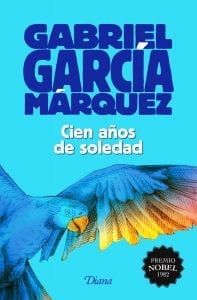
During a conference given by Gabo, one of the attendees asked the Nobel Prize winner why most of the characters in One Hundred Years of Solitude they were called the same. It was then that the writer asked the listener by name. "Enrique" - he said. "And his father?" - García Márquez asked. "Enrique too" - he answered. And his grandfather? "Enrique. . . » After letting out a laugh in reference to the family customs of XNUMXth century Colombia, Gabo did not have to continue with the conversation, although this has not been able to prevent certain readers from getting lost in the misadventures of a Buendía saga that led to many of us to browse the genealogical tree of Google in order to continue losing ourselves by which is one of the best books ever.
What have been the most difficult books for you to read?
When you read a book on Christian theology, especially Catholic, if you don't have a pack of cigarettes, a thermos of black coffee and a lot of patience; the brain explodes. And if you want to enter a mental labyrinth, read a book on philosophy or science commented on by a priest.
David Canales Perea, for tastes, colors, and it is clear that your comment has more bad taste than anything else.
We should add The Sound and the Fury of W. Faulkner
The connoisseurs recommend for clarity and not cloudiness to: - philosophy: Bergson; -history: Jaeger; anthropology: Campbell; criticism: A. Reyes; etc. Bad taste does not exaggerate the exotic or the churrigueresque.
I am not an expert, but from there I very willingly read Hopscotch, Crime and Punishment and One Hundred Years of Solitude and I think that little justice is done to the latter that although it is true it has many characters and the names are repeated a lot, it is one great novel, and everyone who reads like it.
For me, some of the most difficult books to read and understand are "The Bead Game" by Herman Hesse, "Martin Eden" by Jack London, "My Name is Red" by Orhan Pamuk, "L´écume des jours" and L ´automme à Pekin "by Boris Vian," Capital "by Karl Marx," L´être et le néant "by Jean Paul Sartre.
Of those mentioned I have read several, but personally I found Thomas Mann's Magic Mountain very dense.